Nutrition during rest after a peak moment
After a period of fanatical training, there comes a time when you train less or your horse gets some rest. How do you manage your horse's feed during this period?
Concentrate feed is a supplement to your roughage. It ensures that your horse gets enough energy, adjusted to how intensively you train with your horse. If a horse uses less energy, it will also need a lower energy intake. If you don't train, there will always be some muscle loss; training ensures muscle maintenance and muscle mass. Nutrition cannot prevent muscle loss as a result of stopping training. Here are a few tips.
Tip 1: have your roughage checked
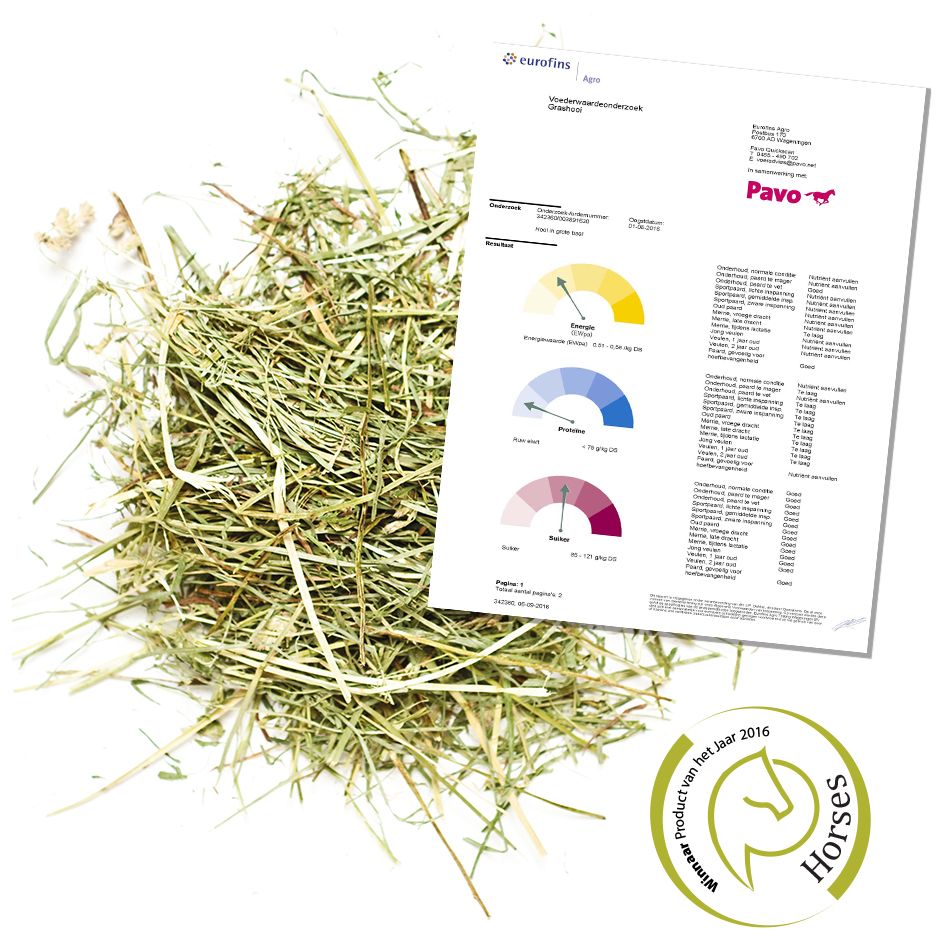
Have the protein content of your roughage checked. Protein is an important nutrient for the muscles. If there is enough protein in the roughage, ask yourself whether your horse needs extra concentrate during this period. If the roughage is not rich enough in protein, you should supplement it. This can be done with an alfalfa rich product such as Pavo FibreBeet.
Tip 2: feed a Balancer
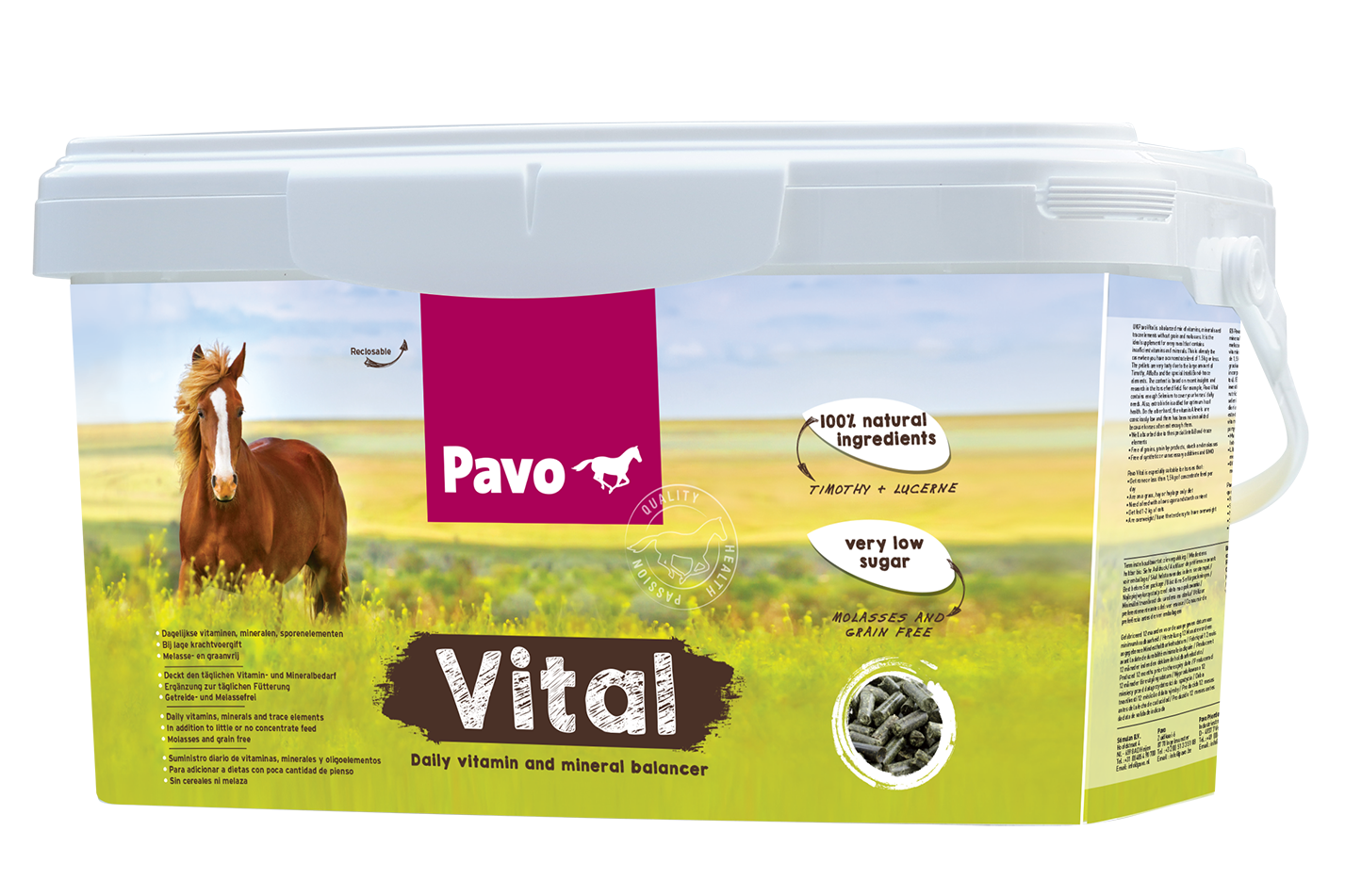
If you are going to reduce the amount of current concentrates and you end up with less than 1.5 kg per day (for a 600 kg horse), then supplement its ration with a balancer (such as Pavo Vital). This will ensure that the horse gets all the nutrients it needs (vitamins and trace elements).
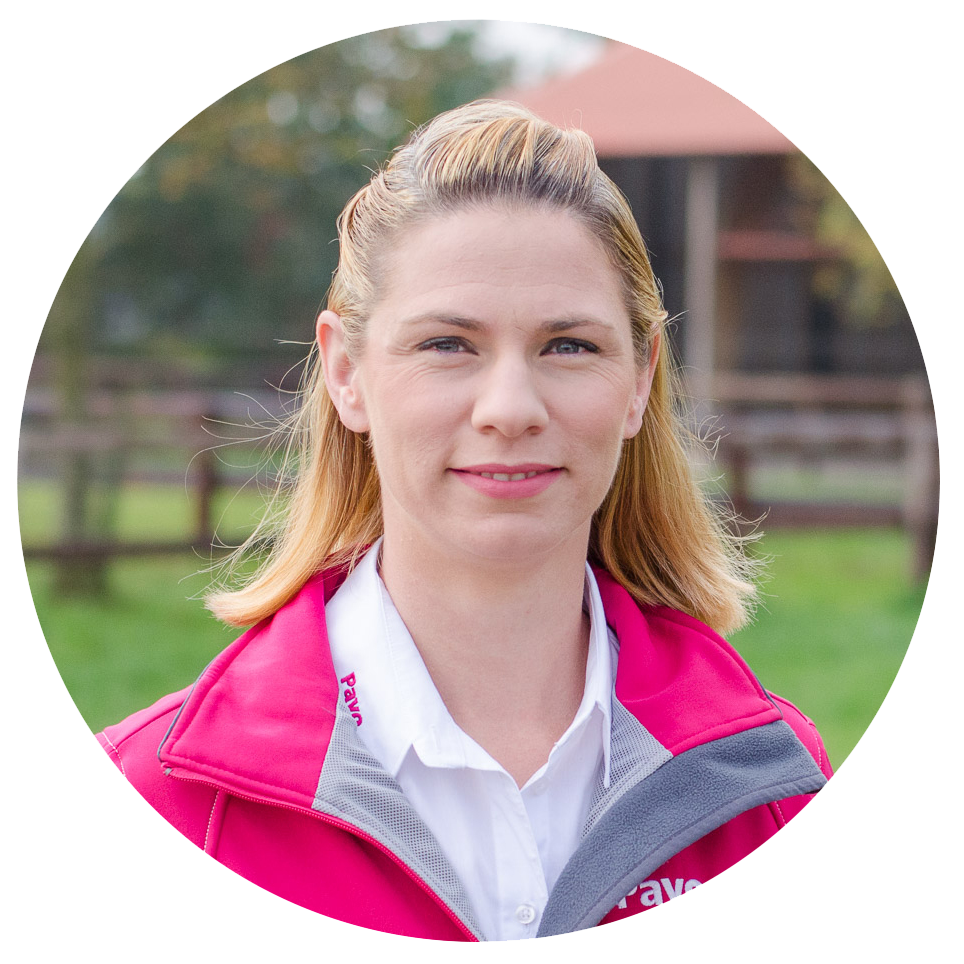
"Always match the concentrate feed to your horse's energy requirements. If, for any reason, you are not training your horse for a while, make sure you don't overfeed it.”
Nutritionist and veterinary surgeon Veerle Vandendriessche
Tip 3: never change too quickly
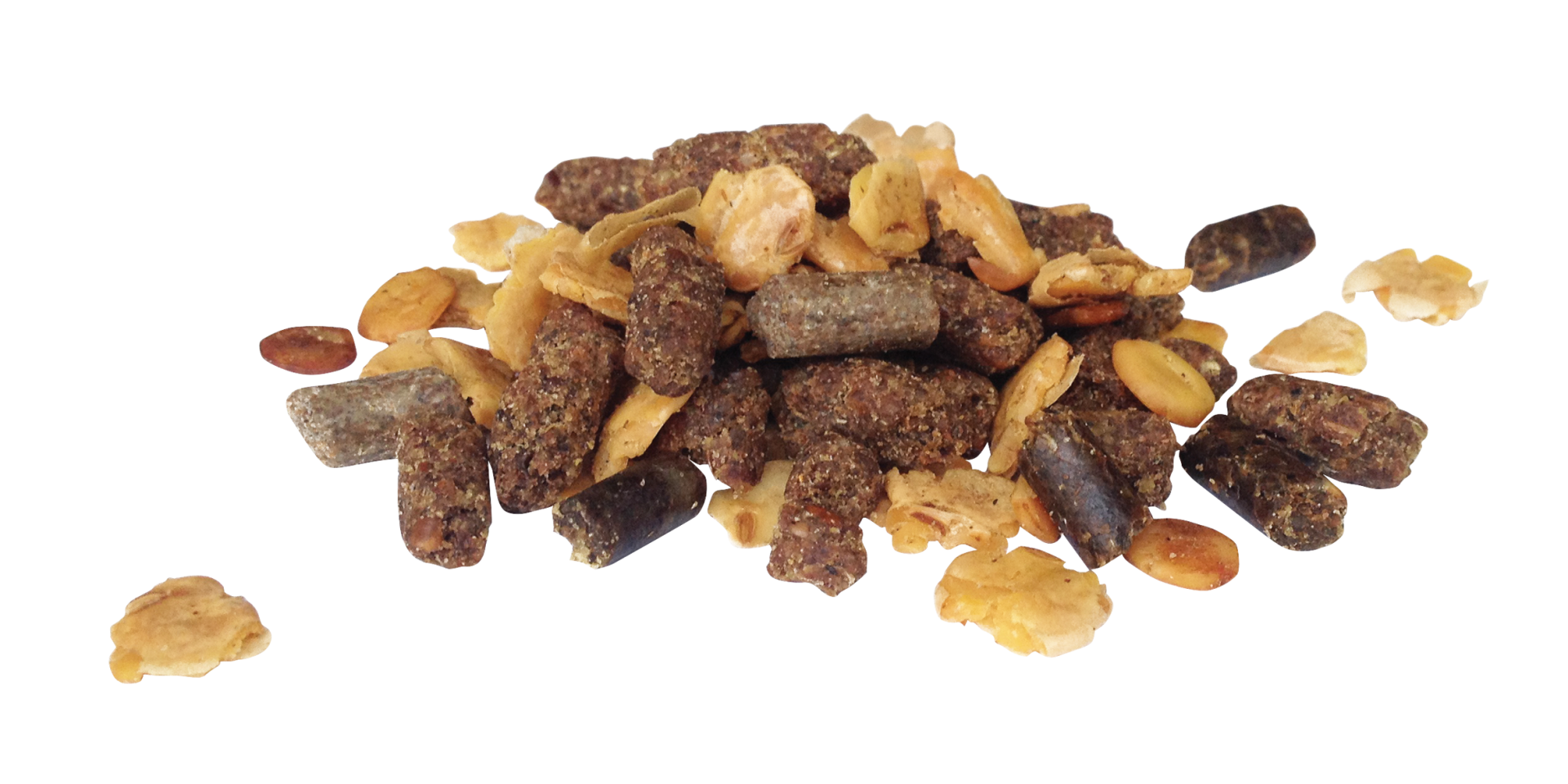
Never change the feed from one day to the next, but spread it out over 5-10 days. If your horse never has any gastrointestinal problems, you can do it in 5 days (replace 20% every day with the new feed). For horses with a sensitive gastrointestinal system, take 10 days (10% every day).
Tip 4: lower the energy level
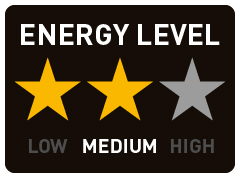
Another option is to lower the energy level of your concentrate feed. If you are feeding energy levels that are 'high' during the competition season, consider switching back to 'medium' (= less energy-rich concentrate feed).
Tip 5: to measure is to know
Keep a close eye on your horse's weight, strive for a stable, ideal weight. To monitor the weight properly, you can 'measure' your horse's weight. You can see how to do this in the video above.
Tip 6: Feed meals with the same composition
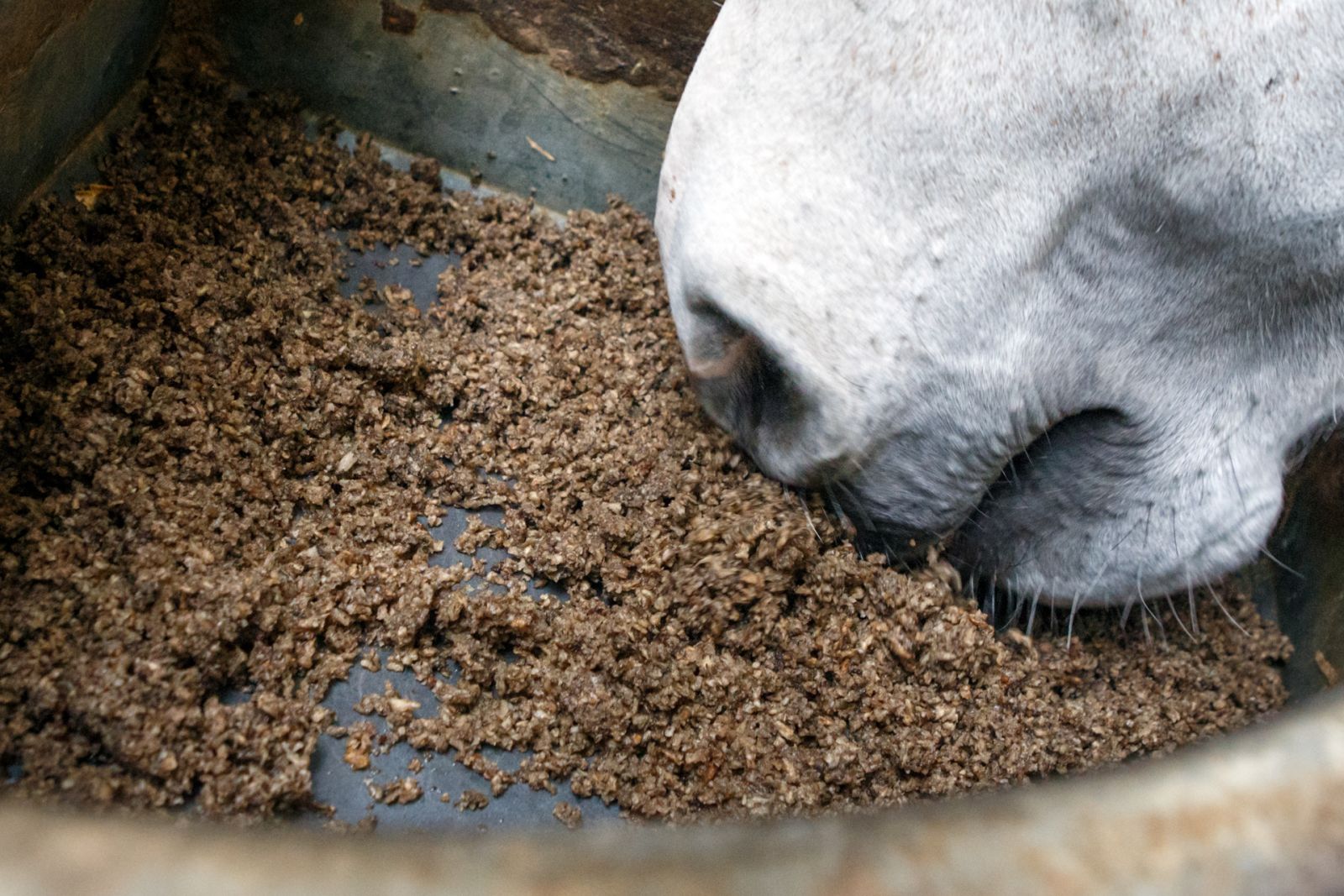
Always feed three times a day a concentrate meal with the same composition (not only during a rest period, but all the time). So, not the first meal one product, the second another: but the same combination for every meal. This keeps the intestinal flora more stable so that the energy can be utilised in the right way.
